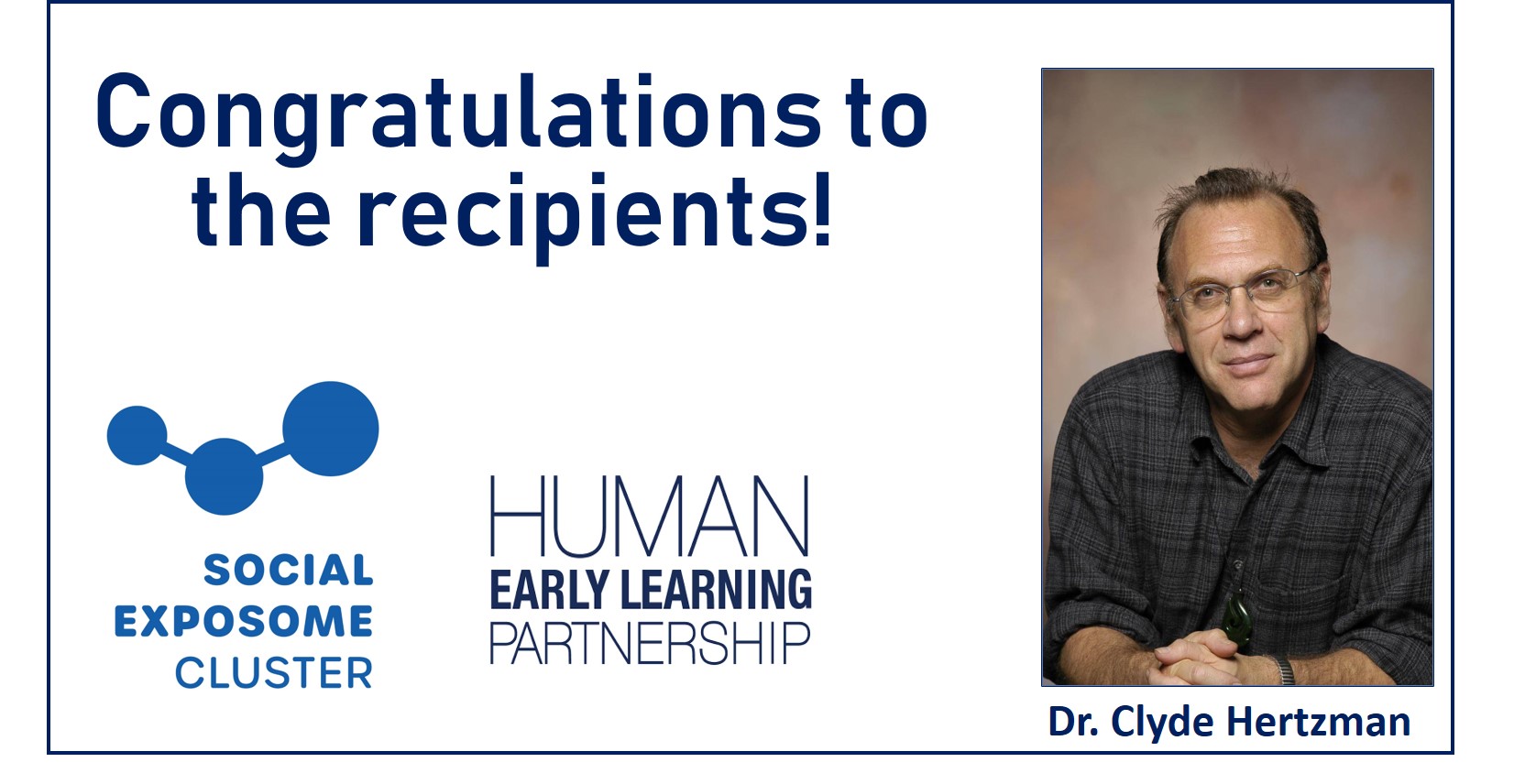It is our pleasure to announce the recipients of the ’Society to Cell’ Clyde Hertzman Memorial Fellowship! This fellowship is funded by the Social Exposome Cluster and the Human Early Learning Partnership to financially support UBC trainees who are conducting research projects that are related to child health and well-being. All applications for this fellowship underwent a rigorous, anonymous review process. We wish to thank the reviewers for lending their time and expertise to make this award possible.
This fellowship is in honour of the late Dr. Clyde Hertzman, the Founding Director of the Human Early Learning Partnership (HELP), who passed away suddenly in 2013. Dr. Hertzman was a world-leading researcher in early childhood development and health, a champion for social justice, and a tireless advocate for all children. He was the Canada Research Chair in Population Health and Human Development and Professor in the School of Population and Public Health at UBC. Dr. Hertzman played a central role in creating a framework that links population health to human development, which has catalyzed research investigating the importance of early child development as a determinant of health. His research contributed to international, national, provincial, and community initiatives for healthy child development. Amongst his many honours, he was a Fellow of the Royal Society of Canada, a long-term Fellow of the Canadian Institute for Advanced Research (CIFAR), the recipient of the Canadian Institutes of Health Research (CIHR) 2010 Canada’s Health Researcher of the Year and was made an Officer of the Order of Canada in 2013.
“It brings me great joy to announce the winners of the ‘Society to Cell’ Clyde Hertzman Memorial Fellowship, and in doing so, to honour the wonderful legacy of Clyde. The research these promising trainees are conducting align so nicely with Clyde’s groundbreaking vision to use a society to cell approach to understand the multiple factors shaping child development” — Dr. Michael Kobor, Social Exposome Cluster Lead
“HELP is pleased to partner with the Social Exposome Cluster through the Hertzman Memorial Fellowship. Child development is an inherently interdisciplinary topic. The diverse research of each of these talented recipients will contribute to Clyde’s vision of a world where all children thrive.” — Joanne Schroeder, Director, External Partnerships, HELP
Recipients:
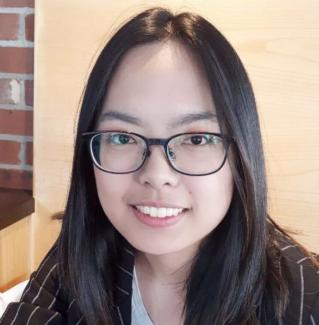
"Development of hair exposomics for precision child health"
Project summary: Ying’s project aims to create a novel analytical workflow to detect and quantify environmental exposure compounds adsorbed onto the hair surface. This developed workflow will be used to monitor real-time environmental exposures and facilitate the understanding of how environmental factors impact child health and development.
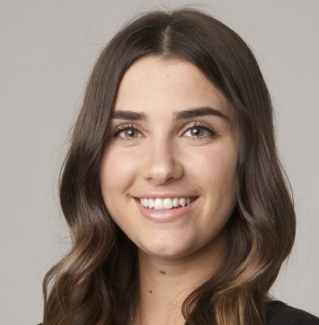
"Epigenetic Signatures of Childhood Developmental Outcomes in Relation to Parenting Quality"
Project summary: Lea's project aims to investigate the early life family environment and whether it may become “biologically embedded” into a child’s epigenome in a way that associates with their developmental outcomes. To do so, we will evaluate the link between parenting quality, DNA methylation, and childhood outcomes in a large cohort of mother-child dyads
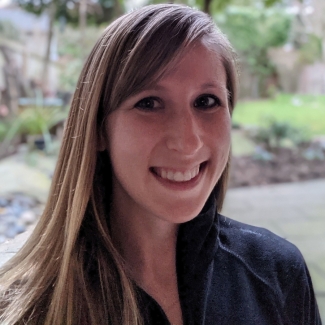
“An epigenetics approach to understanding the effects of malnutrition on immune system development and function”
Project summary: Developing countries are facing an emerging health concern known as the double burden of malnutrition (DBM) where there is a dichotomy of early life malnourishment coupled with obesity. The DBM results in earlier onsets of non-communicable diseases with evidence of immune system dysregulation and overall poor health outcomes. In collaboration with Dr. Brett Finlay's group, Karlie’s project will study the effects of the DBM on immune system development and function using a mouse model.
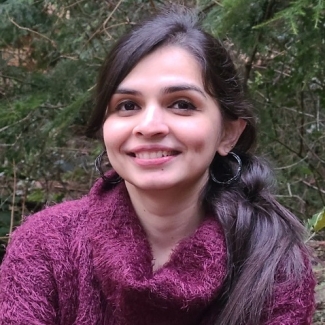
“Positive Youth Development in a global context: A mixed-method project to examine assets in relation to positive development in children in Pakistan”
Project Summary: The majority of the world’s children live in low- and middle-income countries where resources are limited and risks to human wellbeing are pervasive. Although enormous progress has been made in reducing child mortality in these countries, the question remains whether children who are surviving past their fifth birthday are really thriving? Salima’s study aims to fill this gap by examining personal and contextual assets in relation to positive youth development and thriving in children in Karachi, Pakistan.
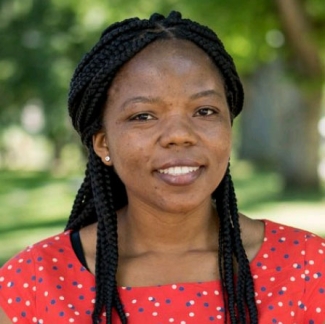
"Household food security and the nutritional status of Indigenous women and young children: the case of the San in rural Botswana"
Project summary: Tebby’s study is aimed at assessing the level of household food security and the prevalence of undernutrition and anemia among the Indigenous San women and young children in rural Botswana. These findings will elucidate the food and nutrition health challenges among the San people to inform and guide targeted nutrition and health policies.
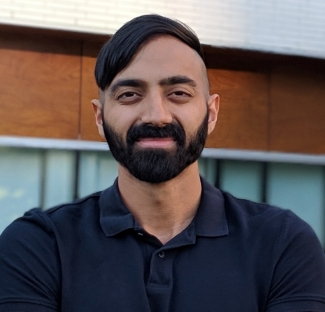
“Childhood poverty, immigration, and development: mental Health and educational trajectories from infancy to late adolescence in British Columbia”
Project summary: Randip’s project will examine the association that the combination of household and neighbourhood poverty early in life has with developmental, educational, and mental health outcomes from school entry at kindergarten to late adolescence for children in British Columbia. To do this, he will use a linked database containing administrative health, education, and immigration records, along with teacher- and self- reported surveys.
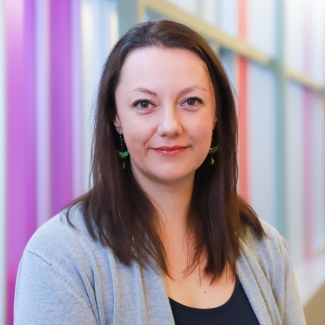
“Identifying dietary factors that improve choline and docosahexaenoic acid status during childhood”
Project summary: Nutrients such as choline and docosahexaenoic acid (DHA) are essential for adequate growth in young children. Alejandra’s project will identify which foods affect choline and DHA intake and blood level, and how these relate to development and socio-economic factors, as they can influence what we choose to feed our children.
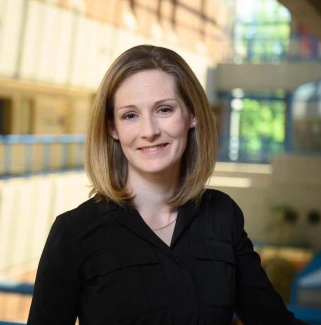
“Effects of a maternal high-sucrose diet on fetal brain development and physiology”
Project summary: Sucrose (table sugar) consumption is high in most of the world and low socioeconomic status is associated with higher sugar intake. Desiree's project will examine whether a maternal high-sucrose diet increases inflammation at the fetal stage to generate long-lasting effects on the offspring’s brain and behaviour. This study will add to the knowledge of how sucrose affects the mother and the fetus during pregnancy.
